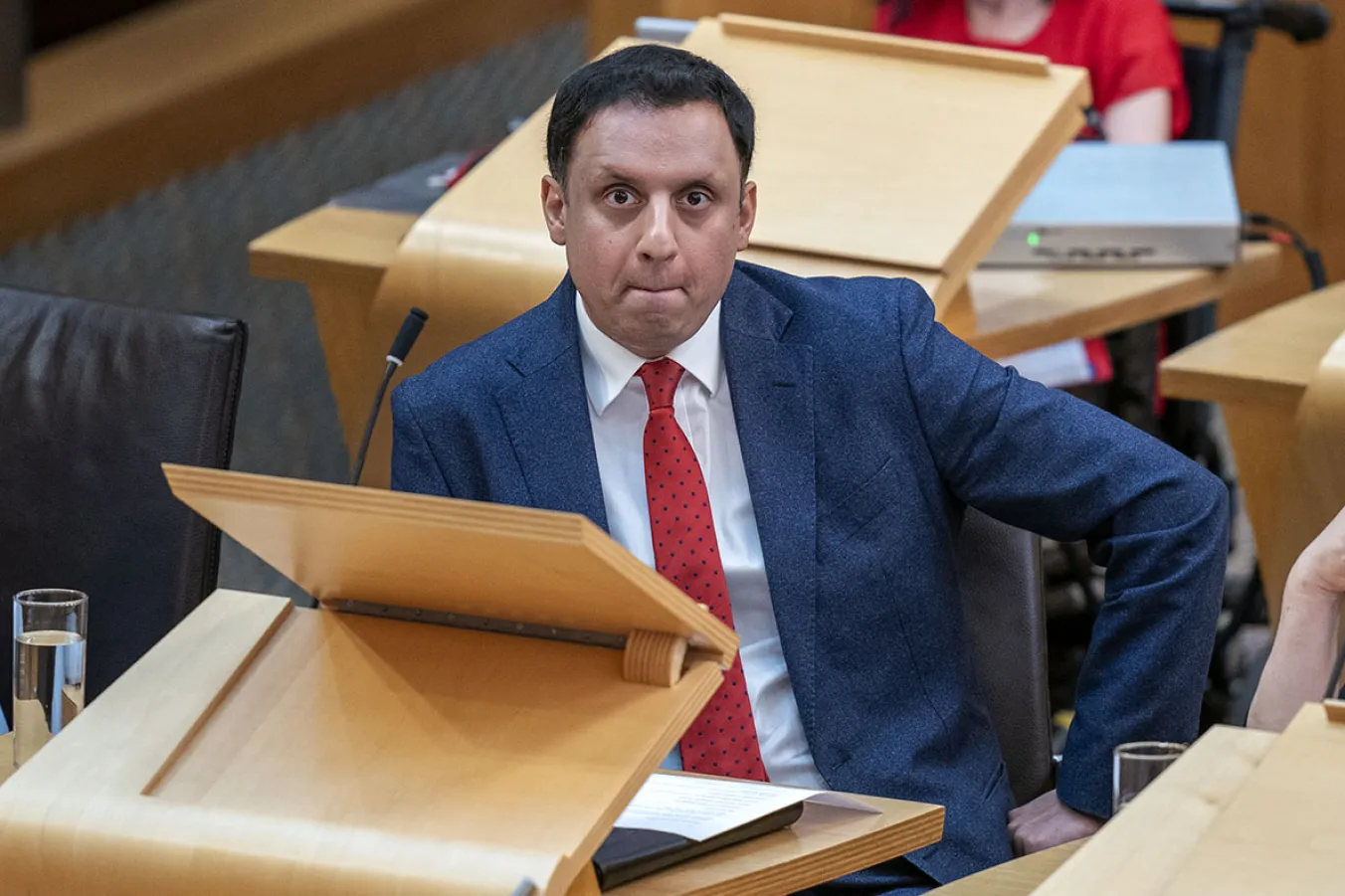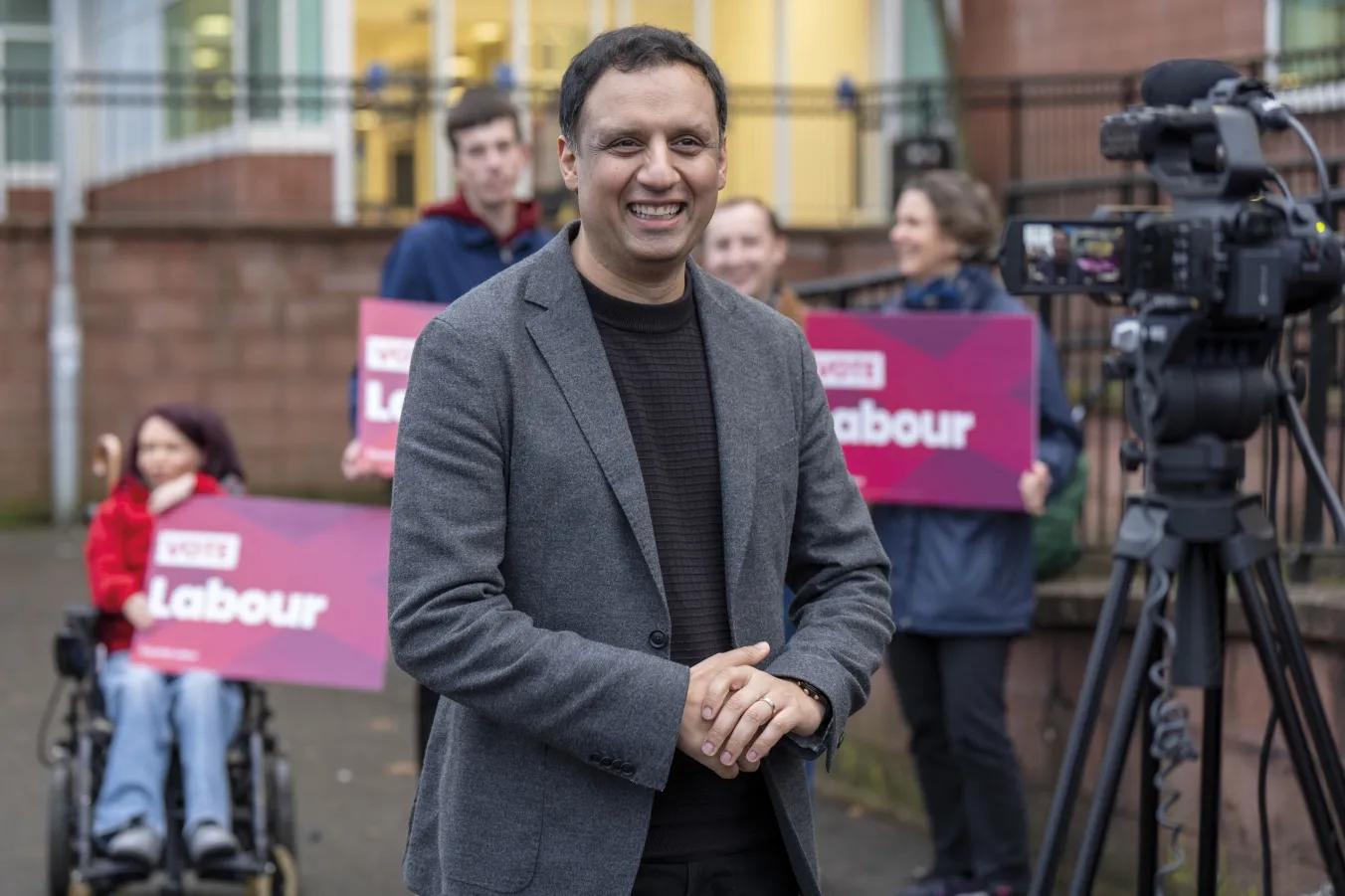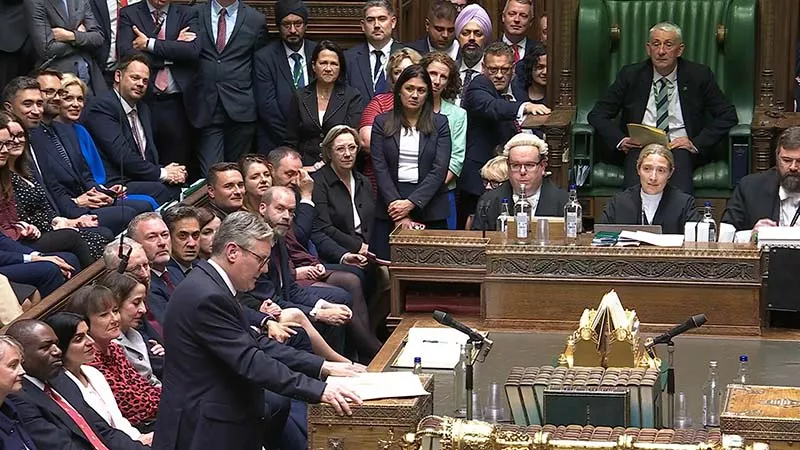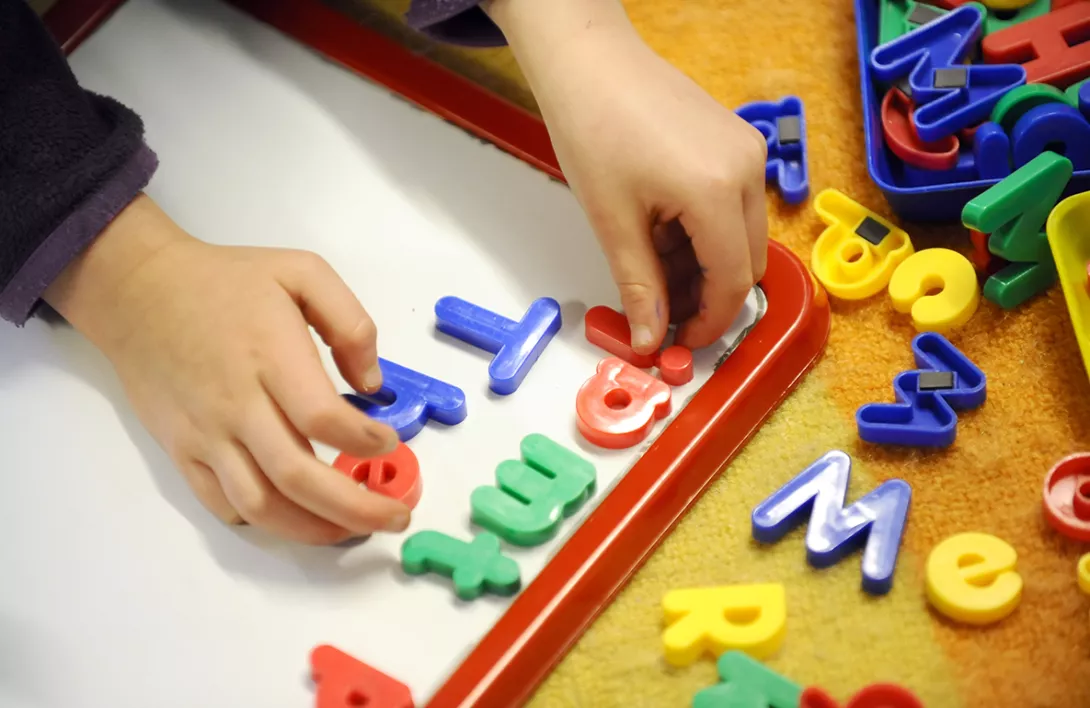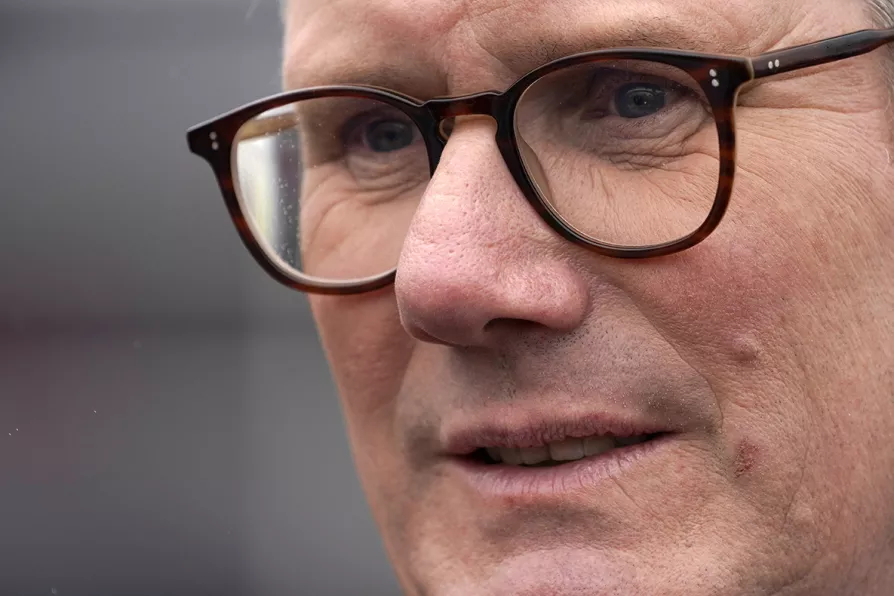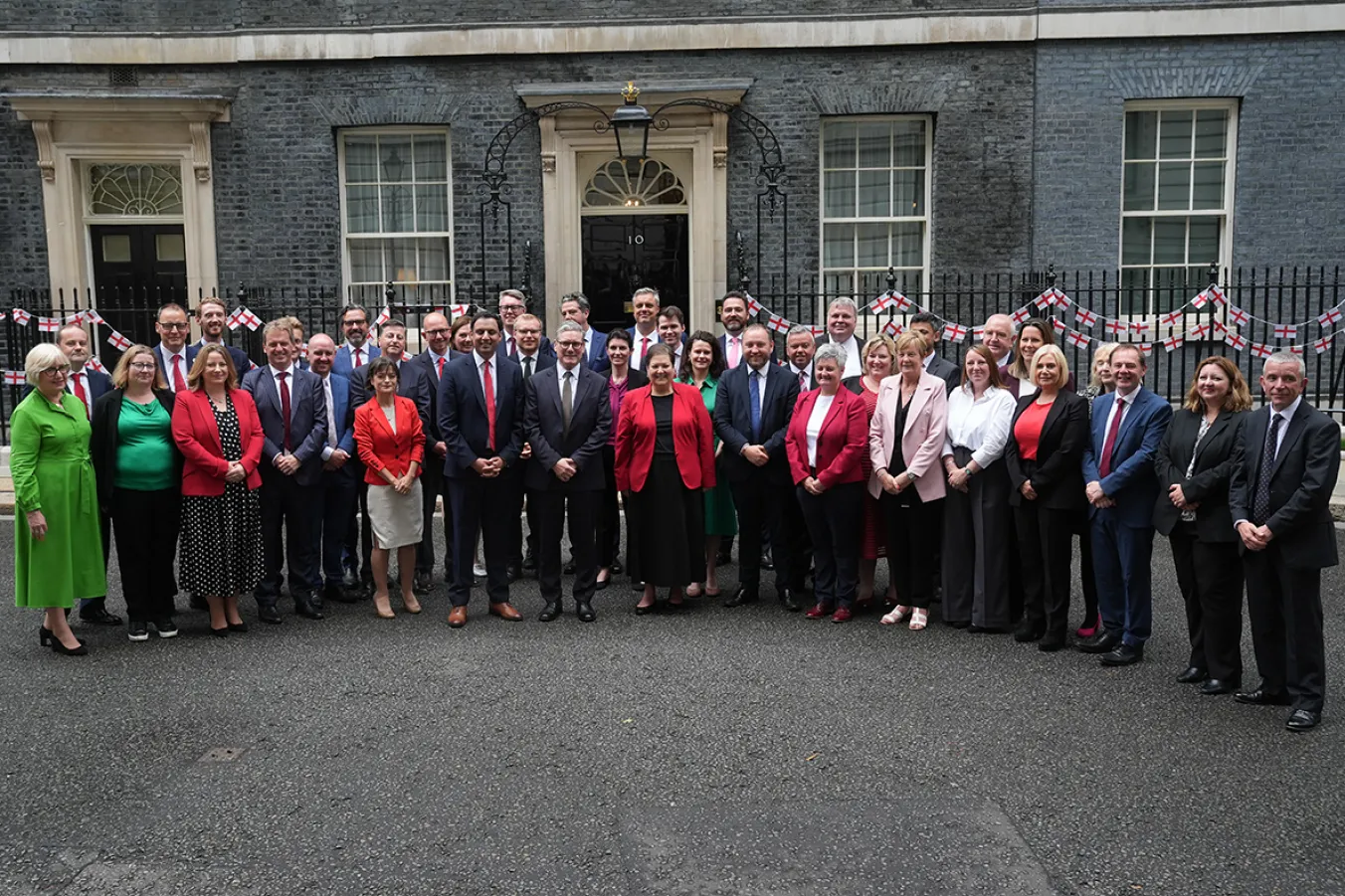
IN NOVEMBER 1922 thousands gathered to cheer off the new group of Glasgow Labour MPs (they were all members of the ILP) as they took the train to London from St Enoch’s railway station.
James Maxton, the newly elected MP for Bridgeton, famously told the crowd that “they would see the atmosphere of the Clyde getting the better of the House of Commons.” He was referring to the culture of the Red Clydeside which emerged during the first world war. It had fostered industrial unrest, rent strikes and revolutionary figures like John Maclean.
There was no such expectation or excitement surrounding the departure of the 35 new and two returning Scottish Labour MPs heading to London this July. To begin with, only one had been identified — by The Times, no less — as a likely recruit for the Socialist Campaign Group of Labour MPs: Brian Leishman.

